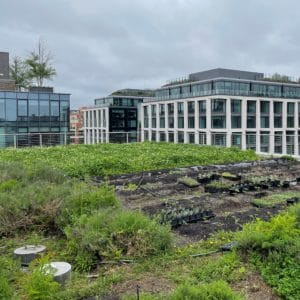
Up Top Acres: Rooftop farms to feed DC
As part of the Food Policy and Sustainability Leadership program’s immersive week in Washington DC, our cohort visited one of Up Top Acres rooftop farms. Kathleen O’Keefe, a co-founder of the business, shared their story, strategies, successes, and challenges with our class.
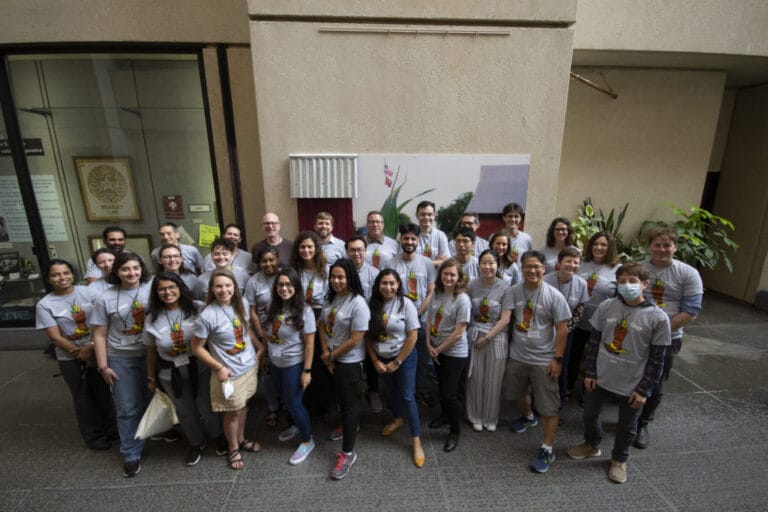
GLI participates in BPRI bootcamp
On May 20–21, 2022, Global Locust Initiative (GLI) team members traveled to Texas A&M University to participate in a successful launch event for the $12.5 million NSF-funded Biological Integration Institute: Behavioral Plasticity Research Institute (BPRI).
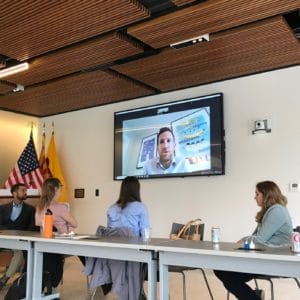
The role of federal agencies in policymaking
Chad Maisel is well aware of the powerful platform for change he is afforded through his job. As Director of Racial and Economic Justice at the White House, he makes high stakes policy decisions every day that impact millions of Americans. His portfolio includes immigration, economic mobility, and racial justice. If you’re wondering if it’s easy to sleep at night with that kind of responsibility – it’s not.
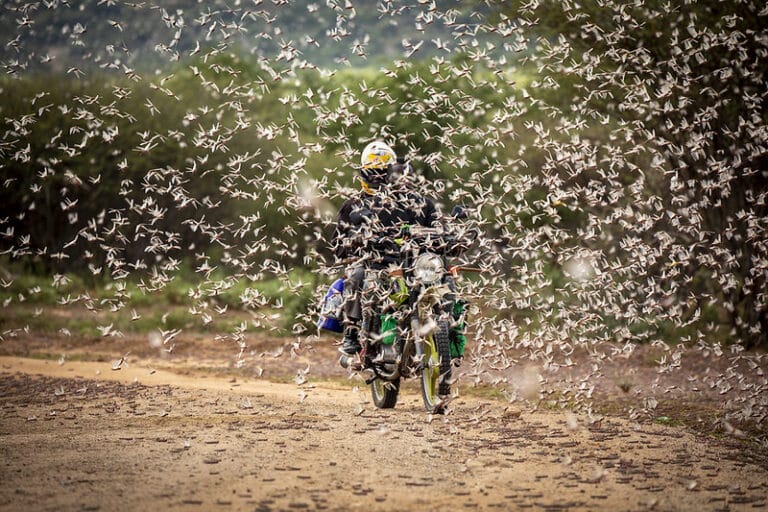
Desert locust outbreak declared over by the United Nations -- What’s next?
The phenomenon of a desert locust outbreak has long struck fear in the hearts of farmers and pastoralists. Swarms that obscure the sun and stretch for kilometers, can easily devour the hopes of a plentiful harvest.

Heat Ready Schools program aims to keep kids safe on campus
HeatReady Schools, a HUE-funded pilot project led by Jenni Vanos, discusses their collaboration with Phoenix schools, including Paideia Academies, that aims to mitigate heat risk by helping schools create a safer environment for their students.
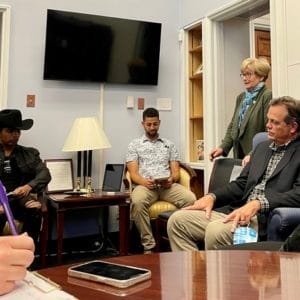
An insightful visit with Congresswoman Pingree
“So when I write of Maine cookery, I think I am writing American. I think I am writing about the old virtues we think of as part of our culture: resourcefulness, ingenuity, boldness, and imagination.” - Robert P. Tristram Coffin
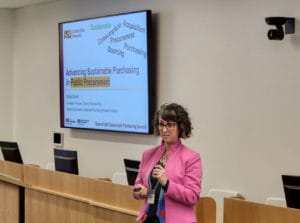
Local government presentations by SPRI
In March 2022, SPRI faculty presented at the Utah Sustainable Purchasing Summit hosted by Utah Resource Stewardship. The State of Utah is seeking to amplify its focus on sustainable purchasing and invited SPRI to discuss different approaches to its ~100 summit attendees.
Public Management Research Conference paper presentation
In May 2022, then PhD student Yifan Chen presented a paper at the Public Management Research Conference in Phoenix, AZ entitled "Is technology making local governments greener and more efficient? An
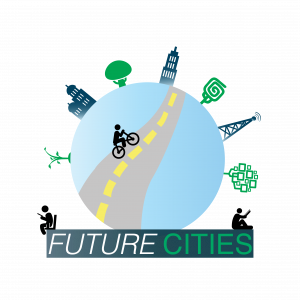
Future Cities episode 60: Environmental Justice and Green Infrastructure
Green infrastructure features are often celebrated as multifunctional solutions in cities, with an array of benefits that they could provide. However, the implementation of green infrastructure can also cause disservices, including gentrification when green infrastructure features are implemented without a plan for how those features will interact with existing systemic issues.
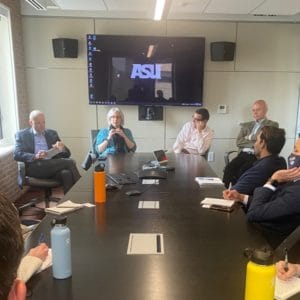
NGO panel in D.C. discusses value and veracity of agricultural data
A panel of non-governmental organization (NGO) leaders spoke to ASU’s sustainable food systems graduate students during a May 2022 food-policy immersion experience in Washington, DC. Included among this panel were Ferd Hoefner, Michael Fernandez, Ann Mills, and Doug O’Brien.
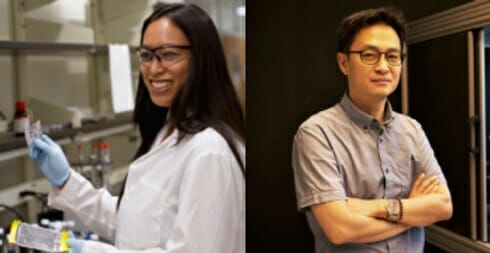
2 ASU professors appointed as first-ever Navrotsky Professors of Materials Research
Candace Chan, an associate professor in the School for Engineering of Matter, Transport and Energy, and Dan (Sang-Heon) Shim, a professor in the School of Earth and Space Exploration, were selected for the professorship based on their significant contributions in the field of materials research.
Meet Master of Sustainability Solutions student Emma Goethe
Student Focus Post by Emma Goethe — Global Locust Initiatve Emma is a Master of Sustainability Solutions (MSUS) student in the School of Sustainability and College of Global Futures. She